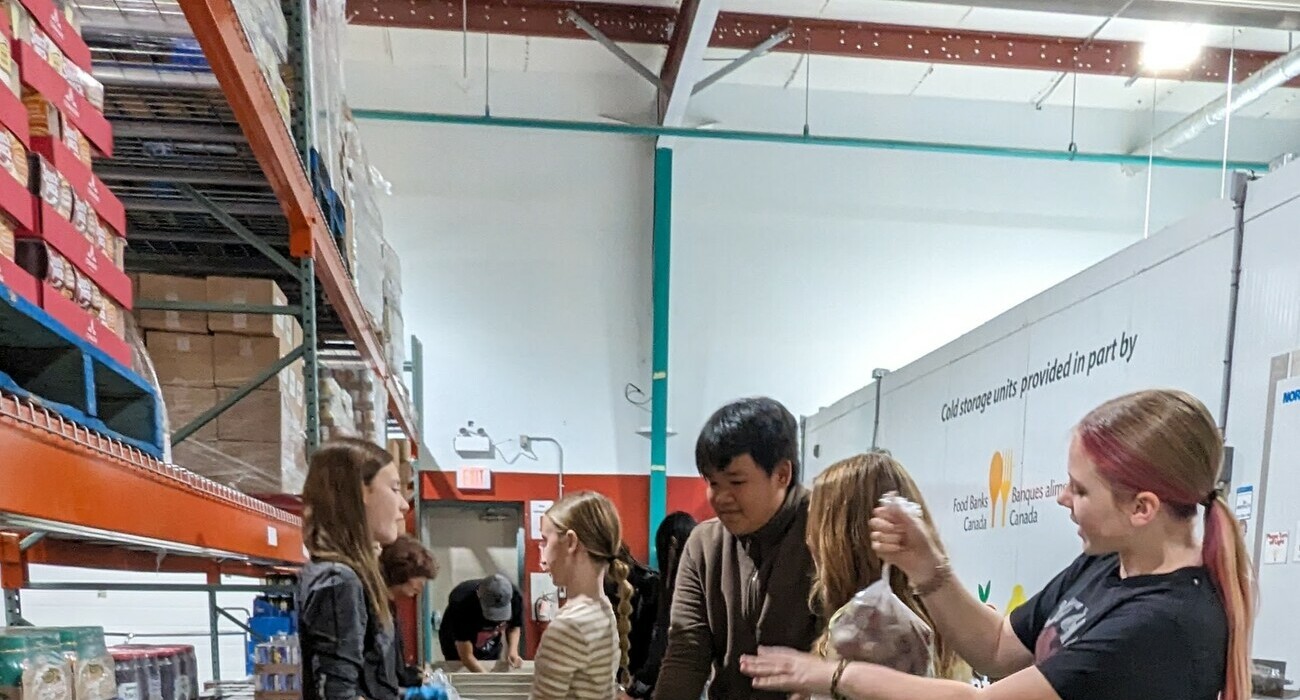
COALDALE – Preparation is the key to success in many endeavours. If you place a teacher in an unfamiliar environment, that groundwork can be even more crucial if their students are to succeed.
Dan Ryder, principal of Palliser Regional Schools’ 17 Hutterite colony schools, can attest to that fact from first-hand experience. Last year he had the benefit of participating in the Beginning Colony Teacher Orientation going into his first year at the New York Colony school.
This year Ryder was among those offering tips to 19 teachers from across southern Alberta on how they can be more effective in their first year at a colony school.
While there are many rewards in teaching at a colony school, the challenges aren’t something covered in a teacher’s university education.
“Because these kids are in school until age 15, the time that we have with them is precious,” said Ryder, adding there’s also the challenge of working in an English as a Second Language environment and technology restrictions. “Making sure that our time is effective and interesting and engaging is critical.”
Rev. Sam Waldner, chair of Alberta Education’s Hutterite Education Committee, agreed on the need for such support.
“The difference between a town school and a colony school is so great it’s almost like teaching in Russia, but it’s in your backyard,” said Waldner, adding retaining those effective educators is important given the students don’t move on to a new teacher each grade.
“We teach the cultural part and the religion but a teacher can leave such an influence, and will leave such an influence, on every child because a child is vulnerable,” said Waldner, of the Springside Colony School near Brooks.
Since the “English teacher”works on their own, Ryder said it’s important to build relationships with other colony teachers to not only identify helpful resources and instructional skills, but develop a support network.
The new teacher orientation is an annual event within Zone 6 with a different host each year. This year’s workshop, held at R.I. Baker Middle School in Coaldale, was the first time “German teachers” also attended.
Those instructors, provided by the colony, provide German and religious instruction before and after school. Ryder said they are an invaluable resource for information about the colony.
“The German teacher is your liaison. They are there to help you be successful; to help you learn the ropes,” he said.
Waldner said the face-to-face contact the orientation program offers for both the teachers and those from the colony is helpful.
“Those teachers need to see our eyes. That’s how they get the trust and our unchanging principles must be explained so we can support them,” he said.
Learning about each colony’s history and its priorities can help a teacher make lessons more meaningful to students who don’t have exposure to the myriad of opportunities certain skills and knowledge might open in a larger community, said Ryder.
“Do you remember when you were in junior high and you said ‘what do we need to learn this for?’ If you are working on fractions and ratios, baking and kitchens seem to be an obvious extension of that. Or if you’re looking at the sciences, pH levels and soil testing that might be done around the colony are ways to keep the students highly engaged,” he said.
Encouraging and teaching students to work together is even more meaningful on the colony, where everyone works as part of a team. Ryder also found it helpful to put very specific routines and procedures in place, assign classroom duties to each student and define what a quality job looks like.
There are also other considerations to be made, including student incentive plans that carry weight. Earning credits towards a rousing game of dodge ball seemed to hit home at New York Colony, he said.
Palliser Board Chair Colleen Deitz and Superintendent Kevin Gietz greeted orientation participants, including four from their own division. The fact they were able to share the day – and the knowledge – with those from five other school districts wasn’t lost on Deitz.
“It was a great experience and it’s a great opportunity for school boards to share amongst themselves their expertise and their support for new teachers in the colonies so the students in Alberta do better,” she said. “All children deserve the best possible education we can provide them, and the best way for us to do that is to support our teachers.”
For more information on Palliser’s Hutterite colony schools click here.

